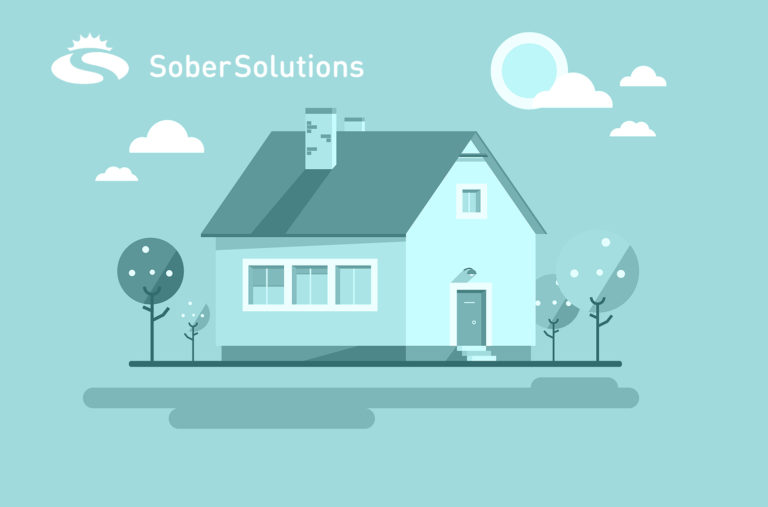
No Image for Center
Florence Crittenton Therapeutic Group Home is a substance use treatment center located in Phoenix, AZ.
Get Help from Florence Crittenton Therapeutic Group Home
Addictions, particularly those to drugs or alcohol, are serious illnesses. They bring the risk of serious medical complications, including death. Fortunately, drug and alcohol addictions are responsive to addiction treatment.ᅠ
When researching treatment facilities in Phoenix, AZ, you should be sure to check all of the reviews and comments written. These treatment alumni comments and reviews will help you learn more about programs offered and amenities, as well as payment options.
Contact Florence Crittenton Therapeutic Group Home for more information on the addiction treatment services offered.
Is Your Family Waiting For Your Loved One To Want Help Or Hit Bottom?
855-416-9832- Type of Care Offered
- Treatment for Substance Use Disorders
- Recovery Treatment Approaches
- Cognitive behavioral therapy. Patients actively participate in therapy sessions to learn how to modify or replace negative thought patterns. The sessions can include one-on-one therapy, groups, and family involvment.
- Dialectical behavior therapy. A cognitive behavioral treatment approach with two key characteristics: a behavioral, problem-solving focus blended with acceptance-based strategies, and an emphasis on dialectical processes.
- Substance use counseling approach. This short-term treatment involves encouraging individuals to openly discuss their personal experiences which leads to greater self-awareness and an enhanced ability to work through relationship issues.
- Trauma-related counseling. A treatment approach for PTSD clients and other effects of trauma or abuse. Therapy utilizes cognitive behavior techniques that are adapted for the specific needs of these clients.
- Relapse prevention. Relapse prevention utilizes several CBT modalities that help individuals maintain abstinence by changing the maladaptive behaviors that play a role in their addiction.
- Anger management. Seeks to help patients develop strategies to better manage the anger cycle and improve conflict resolution. Also seeks to reduce emotional and physiological responses to anger.
- Brief intervention. Substance abusers who are not yet dependent will benefit from a short-term intervention that consists of one to five sessions.
- Motivational interviewing. A treatment approach that seeks to help a person become motivated to change the behaviors that prevent them from making healthier choices in life. Patients also learn to manage the anger or hostility that interferes with their ability to make changes.
- Service Settings (e.g., Outpatient, Residential, Inpatient etc.)
- Residential
- Outpatient treatment services without an overnight stay at a treatment facility or hospital.
- Short-term residential that is similar to ASAM Level III.5, clinically managed high-intensity residential treatment, typically 30 days or less.
- Long-term residential that is similar to ASAM Levels III.3 and III.1, clinically managed medium- or low- intensity residential treatment, typically more than 30 days.
- Regular outpatient treatment that is similar to ASAM Level I, outpatient treatment, non-intensive.
- License/Certification/Accreditation
- Licensed by the state substance abuse agency.
- Licensed by the state mental health department.
- Licensed by the state department of health.
- This Facility is accredited by the Council on Accreditation. COA partners with human service organizations worldwide to improve service delivery outcomes by developing, applying and promoting accreditation standards.
- Facility Operation (e.g. Private, Public)
- Private non-profit organization
- Special Programs/Groups Offered
- Adolescents
- Persons with co-occurring mental and substance use disorders.
- Lesbian, gay, bisexual, or transgender (LGBT) clients.
- Clients referred from the court/judicial system
- Persons who have experienced trauma
- Facility has a program or group specifically tailored for persons who have experienced sexual abuse.
- Assessment and Pre-treatment
- Comprehensive mental health assessment
- Comprehensive substance use assessment
- Outreach to persons in the community
- Counseling Services and Education
- Individual counseling offered
- Group counseling offered
- Family counseling offered
- Employment counseling or training
- Health education services other than HIV/AIDS or hepatitis
- Substance abuse education
- Type of Opioid Treatment
- Does not treat opioid addiction.
- Pharmacotherapies
- Medications for psychiatric disorders
- Transitional Services
- Aftercare/continuing care
- Discharge Planning
- Ancillary Services
- Housing Services offered to assist individuals in finding and maintaining appropriate and affordable housing arrangements.
- Mental Health Services which provides an assessment, diagnosis, treatment or counseling to assist an individual or group in alleviating mental or emotional illness.
- Consumer-run (peer-support) Services are run by mental health consumers and provide support services, such as social clubs, peer-support groups, and other peer-organized or consumer-run activities.
- Self-help groups
- Social skills development
- Case Management provides a case manager for clients and families to monitor their needs and become their advocate and assistant for any services needed.
- Payment, Insurance, and Funding Accepted
- Cash or self-payment
- Medicaid is accepted. Medicaid is a joint federal and state program that helps with medical costs for some people with low incomes and limited resources. Medicaid programs vary from state to state.
- This facility accepts a state-financed health insurance plan other than Medicaid.
- Private health insurance is accepted.
- Military insurance (e.g., TRICARE)
- Federal, or any government funding for substance abuse programs
- IHS/Tribal/Urban (ITU) funds
- Screening and Testing
- Drug or alcohol urine screening
- Screening for mental health disorders
- Screening for substance use
- STD testing
- TB screening
- Tobacco and Screening Services
- Screening for tobacco use
- Facility Smoking Policy
- Smoking not permitted.
- Age Groups Accepted
- This facility accepts children and adolescents who exhibit co-occurring mental and substance abuse disorders.
- Gender Accepted
- Female
- Language Services
- Services for the deaf and hard of hearing.
- Other Languages
- Staff counselors provide treatment in Spanish.
- Tags
- Reviews


